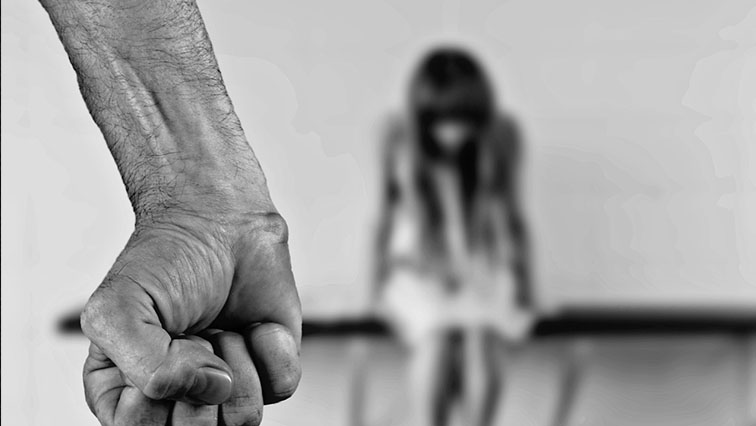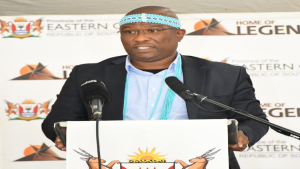In his address to the nation on Wednesday, President Cyril Ramaphosa identified two pandemics facing South Africa. One is the COVID-19 virus and the other is Gender-Based Violence.
He said in the last few weeks alone, 21 women and children have been killed in the country. One avenue available to victims of violence is a protection order under the Domestic Violence Act. But while experts say it is an important tool, it is not always effective.
In the Western Cape, countless protests have been held. Some are massive, led by activists demanding action against perpetrators of Gender-Based Violence.
Other protests are small and often held outside court, demanding no bail for perpetrators. A victim of abuse and or sexual harassment can apply for a protection order. It is aimed at preventing this abuse from continuing.
But Gender-Based Violence Activist, Celestia Pierang, says these orders are not worth the paper they are written on.
An expert says there are two critical points when obtaining a protection order that not many people are aware of.
“When applying for a protection order, the victim may also request the removal of any firearms or any other dangerous weapons and the magistrate will then order the police to do so. Secondly, it’s also important to remember that criminal charges may be laid in cases where acts of domestic violence or sexual harassment constitutes an offence such as assault or rape. You don’t have to first exhaust the remedies available under the protection order before laying criminal charges. This can actually be done with or without a protection order,” says Policy and Advocacy Analyst Marike Keller.
Protection orders against gender-based violence:
Shelters play a critical role in breaking the cycle of violence. There, victims are not only helped to get back on their feet but are advised on their rights.
Joy Lange, an executive on National Shelter Movement, says protection orders have an important purpose.
“We can only guide and support in terms of showing them the risks attached to not having an interim protection order and of course, women also fear taking out a protection order because of the fact that the perpetrator could get angrier at that point in time.”
But, Lange and Keller say there are gaps in the Domestic Violence Act. A protection order has no effect unless it has been served on the perpetrator.
Role of culture in GBV
SABC reporter Busisiwe Jemsana-Mantashe in Eastern Cape investigates the role of culture as an enabling weapon against women. She spoke to women abused by their husbands. Their suffering only ended when the men died.
Below is a discussion about the role of culture in GBV:
UN calls for an all-society approach to combat GBV
The United Nations Office in South Africa warned that brutality being inflicted on women in the country was likely ingrained and institutionalised due to the dehumanization of Apartheid. It says gender-based violence is about humanity, about dignity, freedom from fear, and about regaining and reclaiming societies’ moral authority.
In a conversation with the SABC’s Sherwin Bryce-Pease, Nardos Bekele-Thomas welcomed the approach from the government to duplicate its successful blueprint of an all-society approach to COVID-19 against Gender-Based Violence.






